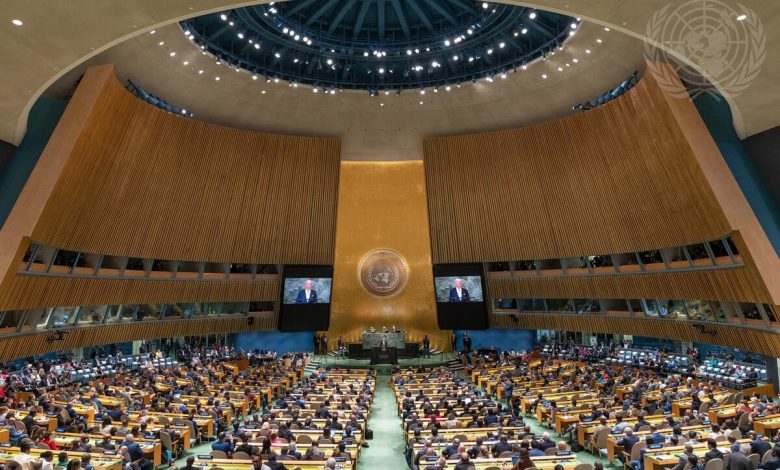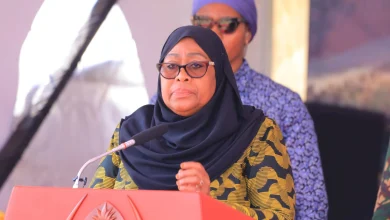Global tension over war dominates the agenda at the 80th UN Assembly

NEW YORK: The 80th United Nations General Assembly (UNGA) has opened in New York this week, bringing together world leaders at a time of heightened global tensions over war, climate change and multilateral cooperation.
The high-level session, which runs until 29 September, is being held under the theme “Better Together: 80 years and more for peace, development and human rights.”
UN Secretary-General António Guterres used his opening address to warn that international cooperation is “straining under pressures unseen in our lifetimes,” calling on member states to put collective action above political divisions.
A key point of contention emerged when Palestinian President Mahmoud Abbas was denied a visa by the United States to attend in person. The General Assembly voted overwhelmingly to allow him to deliver his remarks via video, drawing criticism of Washington for breaching its obligations as host country.
The Assembly is also expected to debate the implementation of the July “New York Declaration,” which sets a roadmap toward the creation of a Palestinian state through a two-state solution.
United States President Donald Trump, addressing the Assembly for the first time since returning to office, reiterated his administration’s decision to cut UN funding by 500m US dollars, raising concerns about the organisation’s ability to operate effectively. In contrast, the European Union pledged to strengthen support for multilateralism and joint efforts on climate and security.
For Africa, the session provides an opportunity to push for debt relief, food security, and stronger representation in global decision-making.
ALSO READ: UNGA 80: Dr Mpango opens Tanzania-US Trade and Investment Forum
Tanzania’s delegation is participating in side meetings and bilateral talks to advance the country’s priorities on sustainable development and regional stability.
The Assembly continues through the week, with debates expected on the conflicts in Gaza and Ukraine, as well as global economic and climate challenges.





